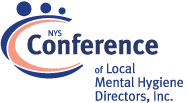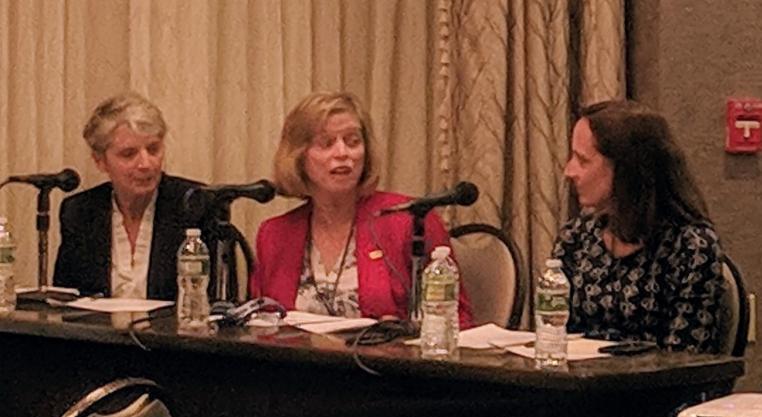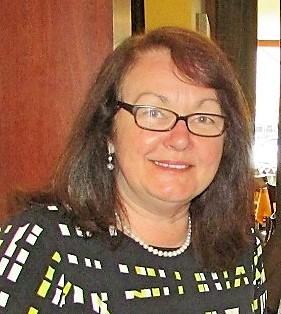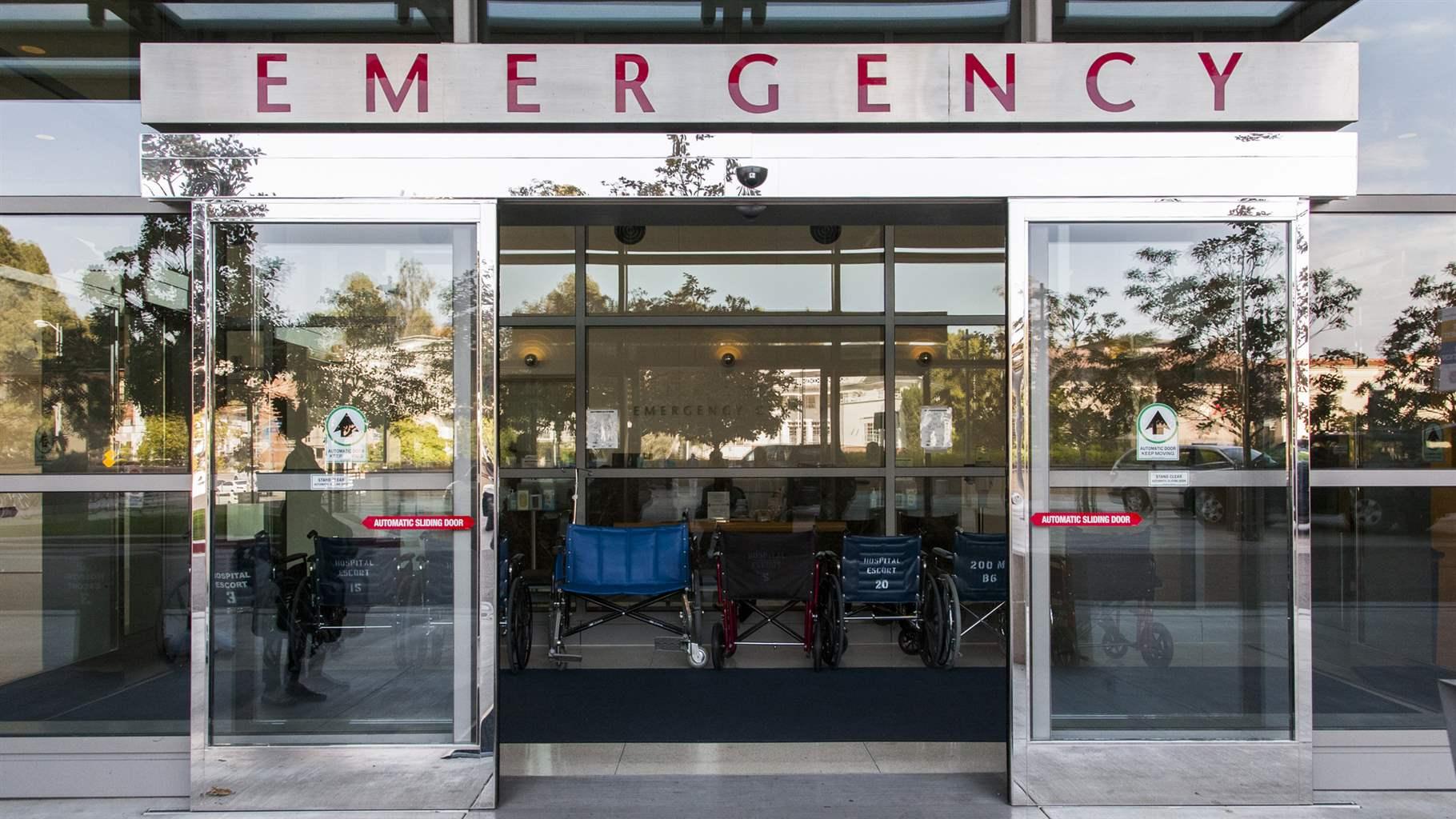
Advancing Public Policies for People with Mental Illness, Chemical Dependency or Developmental Disabilities
|
|
 |
|
|
 |
|
Pilot Program in Queens is Speeding Up Psychiatric Evaluations for Jailed Individuals
With an eye on reforming the local criminal justice system - and potentially closing Rikers Island - the city embarked on a pilot program to streamline court-ordered psychiatric evaluations for alleged criminals charged in Queens.
According to Correctional Health Services, the NYC Health + Hospitals branch
providing
medical and mental health services to the city's jails, an individual ordered to undergo psychiatric testing spends about three times longer in custody than members of the general population arrested on similar charges.
In June, the city launched a pilot program to streamline the "730 evaluations," which a judge may order to determine whether a criminal is fit to stand trial. The goal of the pilot program is to complete the evaluation process within seven business days for those charged with a misdemeanor, and within 14 business days for those charged with a felony. Read more
here.
|
|
 |
|
|
 |
|
At the Intersection of Autism and Trauma
Having autism can sometimes mean enduring a litany of traumatic events, starting from a young age. And for many, those events may add up to severe and persistent post-traumatic stress disorder (PTSD).
Before Gabriel could even talk, his father's girlfriend at the time told him his mother had abandoned him. At age 3, he was sexually abused by a cousin. He was mercilessly bullied once he started school, showed signs of depression by age 7 and by 11 began telling his mother he did not want to live. About three years ago, while at summer camp, he almost drowned. Shortly after that, he experienced life-threatening heatstroke when he went to get his Legos from the car trunk and accidentally locked himself in. Six months ago, just after his grandmother died, he attempted suicide.
"He's been hurt and had so much disruption in his life that he's having problems realizing that he has stability now," says his mother, Kristina. (Kristina and Gabriel's last names have been withheld to protect the family's privacy.) "The world is chaotic and crazy for typically developed people. For him, it's overwhelming and confusing." Gabriel, now 13, started seeing a therapist about five years ago and last year was diagnosed with PTSD.
Gabriel's autism was a contributing factor in most of the harrowing incidents he went through. Read more
here.
|
|
 |
|
|
FREE New York State Conference on Maternal Depression -
October 12, 2018
Attend this conference to align your practice with the statewide effort to screen for, diagnose and treat maternal depression. Presented by Project TEACH, a project funded by the New York State Office of Mental Health.
For details and registration, click HERE. |
|
 |
|
|
VBP Bootcamp - Registration Now Available for October 10th in Albany
The New York State Department of Health is pleased to announce a Value Based Payment (VBP) Bootcamp in Albany, New York on October 10, 2018. The VBP Bootcamp will be held in Empire State Plaza (1 Empire State Plaza, S. Mall Arterial, Albany, New York 12210), Meeting rooms 2-4 from 8:30 am - 3 pm.
The VBP Bootcamp will focus on a deep dive into VBP fundamentals and key VBP principles. The day will also feature a managed care organization and a healthcare provider who will present best practices and lessons learned based upon their own experience in negotiating a VBP contract. The afternoon session will consist of a mock-negotiation exercise that will give participants hands on experience in negotiating a mock 'VBP contract'.
For more information and to register, click
here.
|
|
 |
|
|
Using PSYCKES Quality Indicator Reports
October 3, 11 am - 12 pm, OMH
Enable Access to Client-Level Data in PSYCKES
October 9, 2 - 3 pm, OMH
The College Years: How Students with Lived Experience Navigate Academics and Mental Health Management
October 10, 11 am - 12 pm, Transitions to Adulthood Center for Research
Using PSYCKES Recipient Search
October 17, 11 am - 12 pm, OMH
innovaTel Telepsychiatry: Back to School: Helping Children and Parents
October 17, 1 - 2 pm, National Council for Behavioral Health
October 17, 2:30 - 3:30 pm, Manatt Health
Using PSYCKES for Clinicians
October 22, 10 - 11:30 am, OMH
Access and Engagement in the Value Equation: Solutions That Work
October 25, 12 - 1 pm, CTAC/MCTAC
October 30, 2:30 - 3:30 pm, Manatt Health
|
|
 |
|

|
CALENDAR OF EVENTS
CLMHD Office Closed - Columbus Day
October 10: 10 am - 12 pm
1450 Western Ave., Albany
44 Holland Ave., Albany
Mental Hygiene Planning Committee Meeting - IN PERSON
October 12: 11- 12:30 pm
1450 Western Ave., Albany
Children & Families Committee Meeting
October 16: 11:30 am - 1 pm, GTM
Contact CLMHD for all Call In and Go To Meeting information, 518.462.9422
|
|
|
CLMHD Holds 2018 Fall Full Membership Meeting in Rochester
DCSs from across the state recently convened for CLMHD's Fall 2018 Full Membership Meeting, which was held on September 24-25 at the Woodcliff Hotel & Spa in Rochester.
Monday's discussion began with an update on OMH's plan to meet the long-range goal of comprehensive statewide crisis services. Associate Commissioner Moira Tashjian and Program Specialist Denise Balzer, from the OMH Division of Adult Services Community Care outlined the three components of crisis response: Mobile Crisis; Residential Crisis Services and 23-hour Crisis Stabilization. Several counties in the state are already developing local comprehensive Crisis Stabilization programs. Attendees learned about crisis response services models from three different counties: Chemung, a rural county with a strong law enforcement connection, Otsego, which has a four-county regional crisis and stabilization program, and NYC, which provides crisis response services for a geographically large and populated urban area.

Myla Harrison, MD, MPH, Ass't. Commissioner, Bureau of Mental Health, NYC Dept. of Health & Mental Hygiene, details NYC's
crisis response services model.
Tuesday's program opened with a presentation and update from Donna Hall, PhD, Associate Commissioner of OMH's Division of Forensic Services, on issues including OMH's efforts to increase capacity for both Criminal Procedure Law Section 730 defendants and Correction Law Section 508 inmates, new proposals for outpatient competency restoration and the increase in the initiation of petitions under Jackson v. Indiana. Following the update, a panel of representatives from the State and County forensic programs and Criminal Court system discussed diversion program strategies, increased use of outpatient restoration, the importance of establishing relationships between the LGU and the Court and other improvements in the criminal justice process.

Pictured L-R: Donna Hall, Assoc. Commissioner,
OMH Division of Forensic Services;
Honorable Patricia Marks, Retired Monroe County Court Judge/ Former Supervising Judge of the Criminal Courts, 7th Judicial District;
Kimberly Butler, MS, LCSW, Chief, Clinical & Forensic Services, Monroe County Office of Mental Health
CLMHD's Mental Hygiene Planning Committee has been diligently working with CCSI on revising and improving the functionality of the CLMHD Behavioral Health Portal.
The second part of the day included a live demonstration of the new portal by
Briannon O'Connor, Ph.D.,
Associate Director, Center for Collaboration in Community Health. Ms. O'Connor introduced recent changes to the CLMHD Behavioral Health Portal, which will increase access to and use of relevant data to inform local service planning. The event concluded with a presentation by Meredith Ray-LaBatt, Deputy Director, OMH Division of Integrated Community Services for Children and Families, who provided an update on the Medicaid Managed Care transition for children and families, primarily around the recent changes to the transition of the 1915 (c) Waiver programs.

Meredith Ray-Labatt,
OMH Division of Integrated Community Services for Children and Families.

The Conference would like to recognize Maggie Graham, APRN, MSN, BC, who is retiring from her 8-year term as DCS for Greene County. We appreciate all of the valuable time and input you've given to CLMHD, Maggie, and wish you the best in your retirement!
|
|
 |
|
Lawmakers Unveil Massive Bipartisan Bill Aimed at Fighting Opioid Crisis
Bipartisan congressional leaders in both chambers on Tuesday night unveiled a massive bill aimed at fighting the epidemic of opioid abuse in the United States, capping months of work.
Fighting the crisis has been an area of bipartisan cooperation this year amid many fierce partisan battles raging with more publicity. The 660-page bill takes a wide variety of actions aimed at fighting the crisis.
It lifts some limits on Medicaid paying for care at treatment facilities, undoing part of a decades-old restriction that many lawmakers called outdated. It cracks down on illicit opioids being imported through the mail from other countries, fueling the epidemic. It encourages the development of nonaddictive painkillers as an alternative to opioids. Read more
here.
|
|
 |
|
|
Achieving Value in Medicaid Home- and Community-Based Care: Considerations for Managed Long-Term Services and Supports Programs
This guide describes considerations for states seeking to adopt VBP models for home- and community-based services in Medicaid managed long-term services and supports (MLTSS) programs. It examines approaches used by five states - Minnesota,
New York, Tennessee, Texas, and Virginia - for promoting high-quality MLTSS programs while simultaneously supporting the ability of Medicaid beneficiaries who need LTSS to live in their communities. It describes considerations for selecting quality metrics and payment models, and common challenges that these states have faced in implementing these models and strategies to address them. Recognizing the importance of stakeholder involvement in developing VBP models, this guide also brings managed care plan, provider, and beneficiary engagement perspectives into state conversations.
|
|
 |
|
Most Hospital ERs Won't Treat Your Addiction. These Will.

BALTIMORE - For Dr. Zachary Dezman, an emergency physician in this heroin-plagued city, there's no question that offering addiction medicine to emergency room patients is the right thing to do.
People with a drug addiction are generally in poorer health than the rest of the population, he explained. "These patients are marginalized from the health care system. We see people every day who have nowhere else to go.
If they need addiction medicine - and many do - why wouldn't we give it to them in the ER? We give them medicine for every other life-threatening disease."
But elsewhere in the country, all but a few emergency doctors and hospital administrators see things differently. They worry that offering addiction services could attract even more drug-seeking patients than they already see, taking up valuable staff time and beds.
Instead of providing anti-addiction medication, most hospitals typically give ER patients with drug-related conditions the telephone numbers of local treatment clinics.
Despite a raging drug overdose epidemic that is killing nearly 200 Americans every day and sending thousands more to emergency rooms, the vast majority of the nation's more than 5,500 hospitals have so far avoided offering any form of addiction medicine to emergency patients.
That's starting to change. Read more
here.
|
|
 |
|
HHS Sponsors Development of Intranasal Form of Long-acting Opioid Overdose Drug
To help save lives in the current opioid epidemic or following a deliberate attack, the U.S. Department of Health and Human Services (HHS) will work with Opiant Pharmaceuticals of Santa Monica, California, to develop a fast-acting, long-lasting intranasal, potentially improved form of an opioid overdose drug.
BARDA will partner with Opiant to develop a new formulation of the drug, called nalmefene.
Synthetic opioids like fentanyl and its derivatives are now the most common cause of overdose deaths in the United States. The potential for weaponization of these agents is also a concern.
Under a one-year, approximately $611,000 contract with BARDA, Opiant will advance the development of intranasal nalmefene, using a proprietary absorption enhancer, to treat confirmed or suspected opioid overdoses. Read more here.
|
|
 |
|
Report: State Strategies to Meet the Needs of Young Children and Families Affected by the Opioid Crisis
The opioid epidemic continues to have devastating consequences for children and families across the country, with growing social and financial implications for states. The National Academy for State Health Policy (NASHP), in partnership with the Alliance for Early Success, interviewed Kentucky, New Hampshire, and Virginia officials representing state Medicaid, child welfare, and behavioral health programs to explore how their child-serving agencies were responding to the opioid epidemic.
Click
hereto read the report.
|
|
|